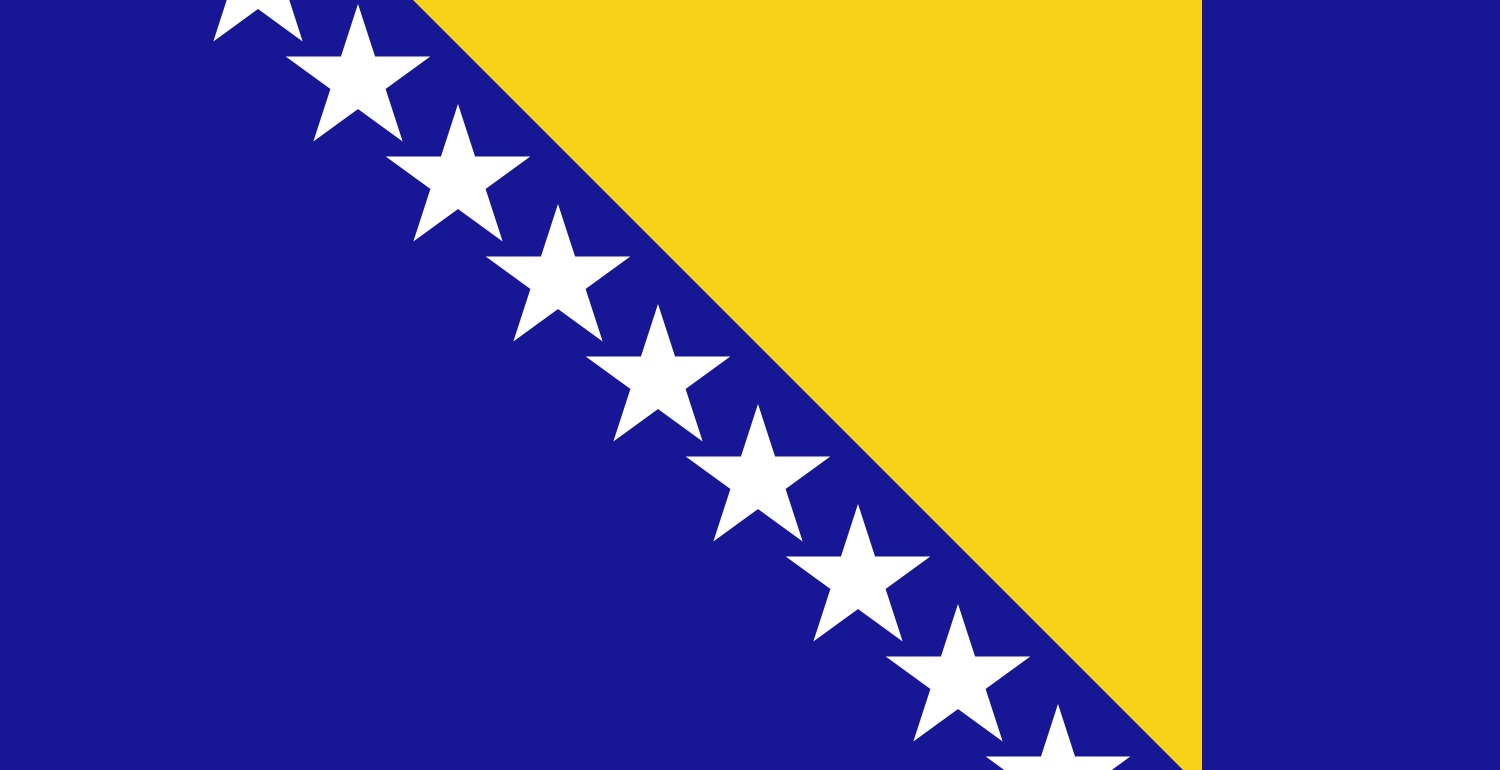The Helsinki Commission is focusing on what it considers one of the most important international events of this year, the elections in Bosnia-Herzegovina. The Commission has held several briefings on this topic already with election experts from the United States, with members of the Provisional Election Commission from Bosnia, with representatives of political parties from that country, and most recently, with persons close to the situation in Banja Luka.
Human rights organizations and others following the situation in Bosnia have warned that conditions for a free and fair election simply do not exist; and yet, the U.S. Government and some European governments have pressured the OSCE to certify nonetheless.
A robust discussion on curbing rampant political gerrymandering and obstructions to free and fair elections will be underscored in the hearing.





